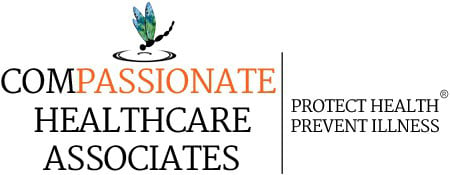Adolescence is a unique stage of development that requires the support of health care professionals. Teen health care involves more than routine check-ups. There are diverse health needs such as physical development, body image, nutrition, sexuality, mental health, and screening for use of substances and other risky behaviors. Puberty is a time of remarkable change for both girls and boys. Hormone-driven changes are accompanied by growth spurts that transform children into physically mature teens as their bodies develop. During this time children need to have healthy eating habits, a well balanced diet, and plenty of physical activity to ensure continued growth and proper development.
Physical exams
Physical exams are important to monitor these dramatic growth changes in the developing bodies. Blood pressure, height, and weight need to be routinely checked. After the teen reaches sexual maturity, additional tests and exams may be appropriate due to menstruation or sexual activity (screen for anemia or infections). New vaccine recommendations should also be discussed and updated.
Responsibly, check-ups are also an opportunity to address teen health issues. These include prevention of accidents, injury, and violence, screening for mental health problems, and minimizing health risks from sexual activity and high risk behaviors such as smoking and substance abuse. It is important for the health care provider to educate the adolescent on how eating habits and activity choices protect against obesity, diabetes, and heart disease.
It’s not unusual for teens to have their own concerns about how they are growing and how they look. Many teens worry a lot about being different from their peers and about anything that would make them not fit in. The health care practitioner can address these concerns and reassure them that other kids have the same worries. Adolescence is a time of dramatic changes in a young person’s life – a challenging stage of human development during which pre-teens, teenagers, and young adults experience physical, intellectual, emotional, and social maturity. These remarkable changes create a special need for appropriately focused and sensitive health care.
For more information, please call Compassionate Healthcare Associates, (661) 295-7777







